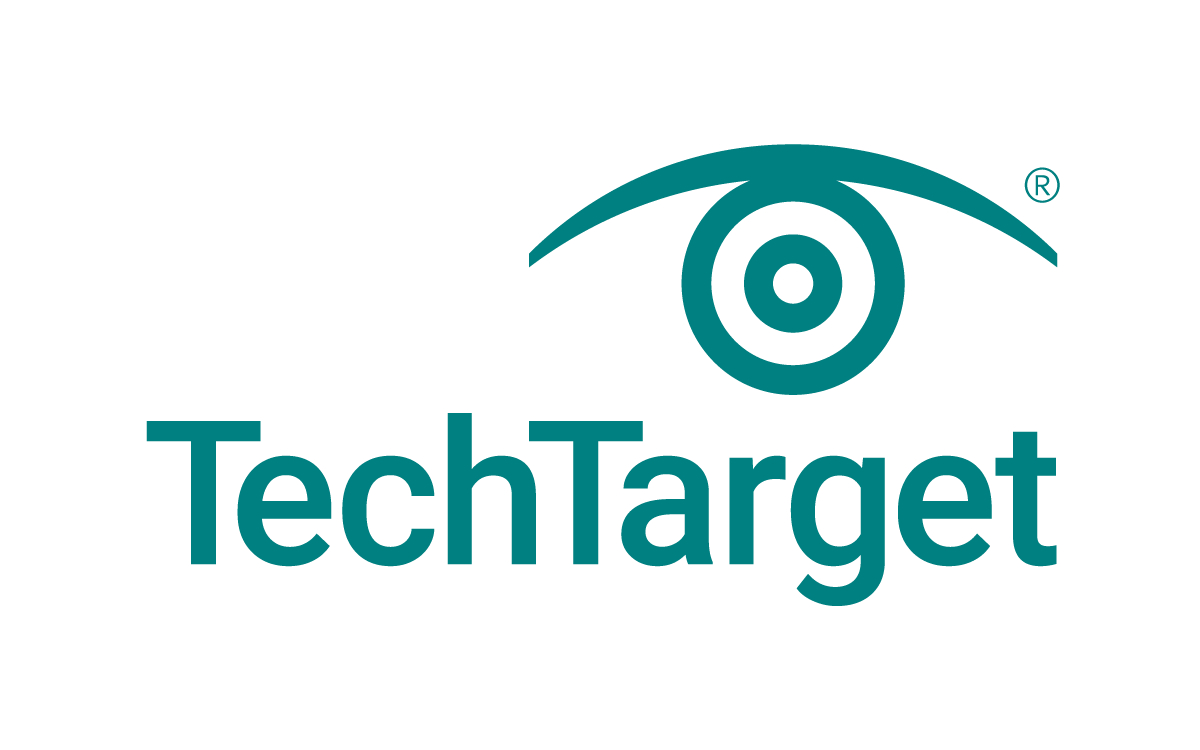
Editor's Note In this session, Beverly Kirchner, BSN, RN, CNOR(E), CASC, vice president of compliance at TriasMD and ambulatory surgery center (ASC) track leader for the OR Manager Conference, spoke on behalf of Parkland Health’s JD Boucher and Karen Garvey on how violence against healthcare workers is rising and requires…

Editor's Note The Food and Drug Administration (FDA) has announced three new recalls between October 14 and 16 that may affect OR inventory and perioperative workflows across multiple service lines. Each recall targets a commonly used product in surgical or imaging settings, prompting leaders to review supplies and coordinate with…

The OR has a planned rhythm that relies on training, checklists, and teamwork to turn the complex surgical environment into an elegant orchestration that keeps patients safe. But efficiency and a climate of safety do not just happen—they depend on culture. When teams communicate openly, follow standards consistently, and feel…

Editor's Note Hospitals will soon face stronger accountability for suicide prevention, as The Joint Commission prepares to implement “National Performance Goal (NPG) 8” on January 1, 2026, its September 3 news update reports. The goal, titled “The hospital reduces the risk for suicide,” replaces current requirements under “National Patient Safety…

Editor's Note The Food and Drug Administration (FDA) has issued a series of early alerts this month regarding high-risk recalls from several leading medical device makers, citing patient safety risks ranging from pump failures to vascular complications. These alerts highlight issues with products from Johnson & Johnson’s (J&J’s) Abiomed unit,…

Editor's Note Roughly one in every 60 cesarean deliveries results in a severe surgical complication, according to new research from University of California San Francisco (UCSF) published in Obstetrics and Gynecology, MedicalXpress August 25 reports. With about 1.1 million cesareans performed each year in the US, this translates to an…

Editor's Note Nearly half of hospital harm events—particularly surgical events—were not captured by reporting systems, according to a July 30 TechTarget report on new findings from the Office of Inspector General (OIG). The OIG report examined 299 harm events experienced by a nationally representative sample of 770 Medicare patients discharged…

Editor's Note On this National Time Out Day, perioperative leaders are being called to reinvigorate the time-out process to combat complacency and reduce adverse events. Despite decades of safety initiatives, the adverse event rate in surgical care remains high—38% of perioperative cases, with nearly half tied directly to surgical procedures,…

Editor's Note Wrong-site surgeries are on the rise, and insufficient surgical time outs are a key contributor, according to new data highlighted by AORN on June 10 in honor of this year’s National Time Out Day on June 11. Based on The Joint Commission’s Sentinel Event Data 2023 Annual Review,…

Editor's Note Hospitals are making measurable strides in patient safety and workforce resilience, but sustained focus is needed to maintain progress, according to a March 13 report in Chief Healthcare Executive. The article focuses on a new analysis from the American Hospital Association (AHA) and Press Ganey. Based on responses…